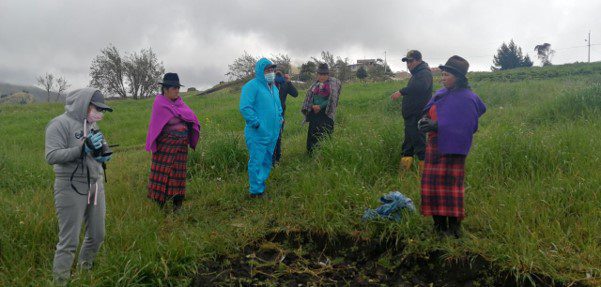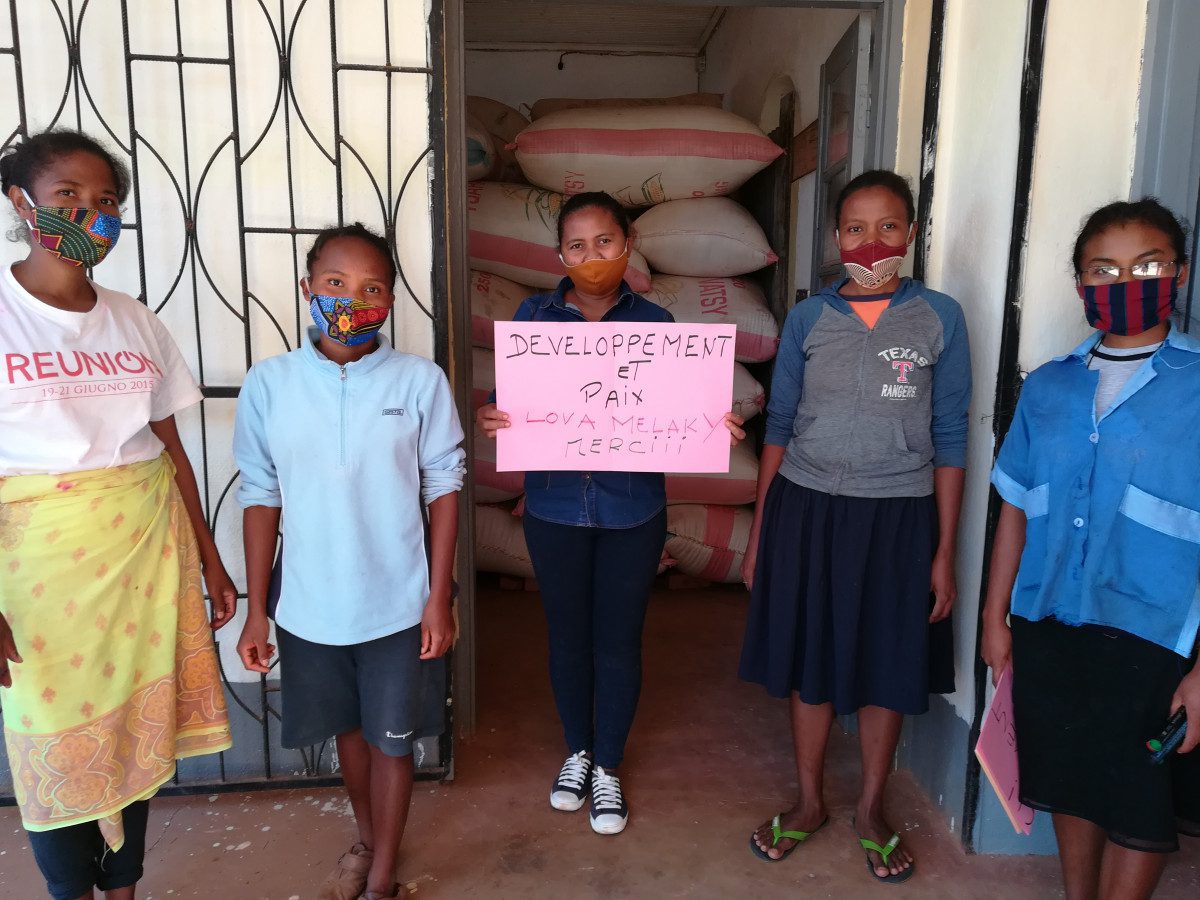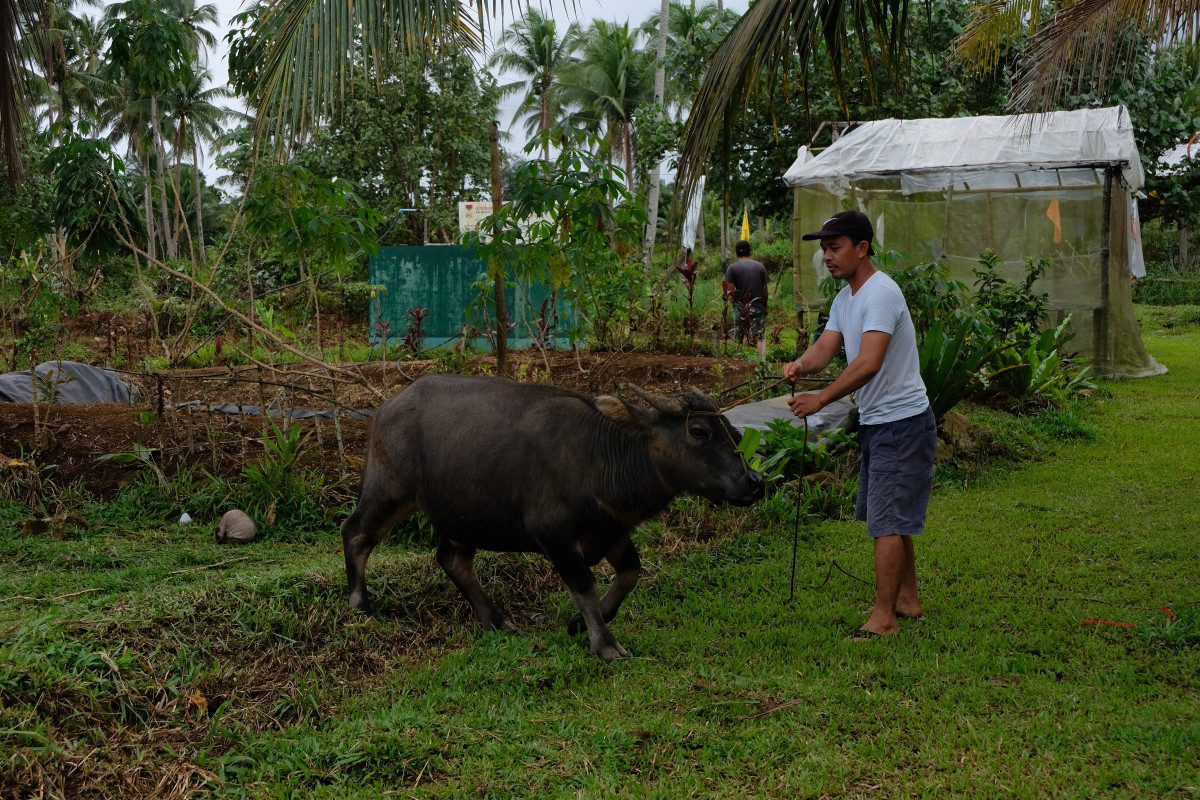As we mark World Food Day, we join many organizations helping the world’s poor in reiterating the call for global solidarity to help the most vulnerable populations recover from the COVID-19 crisis.
Across the world, the coronavirus pandemic has significantly worsened food insecurity. In a September 2020 brief, the World Bank noted, “…as the coronavirus crisis unfolds, disruptions in domestic food supply chains, other shocks affecting food production, and loss of incomes and remittances are creating strong tensions and food security risks in many countries.”The World Food Programme predicts, in the countries in which it operates , that the number of hungry people is expected to nearly double by the end of the year, from 149 million to 270 million . This is a huge setback.
Our common home is suffering and, once again, our sisters and brothers in the Global South are bearing the brunt. The pandemic that we have all been enduring for months has highlighted the interconnectedness of our food and health systems. It is exacerbating the fragilities of these systems and revealing its many inequalities.
Faced with this situation, we must review our patterns of behaviour, consumption and organization.
Supporting local and responsible agriculture
To engage and empower peasants and small scale farmers and restore their control over their own food production (land, seeds, etc.), Development and Peace supports eco-responsible agriculture and small-scale, family farming practices that put small-scale agriculture and local democracy at the heart of food systems.
Discover some of our programs and learn more how we work with communities to improve their resilience.
Ecuador


In Ecuador, food sovereignty projects help make Indigenous communities more resilient.
Madagascar


In Madagascar, the socioeconomic consequences of the COVID-19 crisis are palpable and risk becoming entrenched.
The Philippines


After Typhoon Haiyan struck the Philippines in November 2013, Development and Peace helped small-scale farmers relaunch agricultural production. This increased the community’s resilience against the pandemic’s impacts on food security.
Somalia


In Somalia, land-sharing and agroecology training are helping internally displaced persons overcome multiple adversities and attain economic security.

